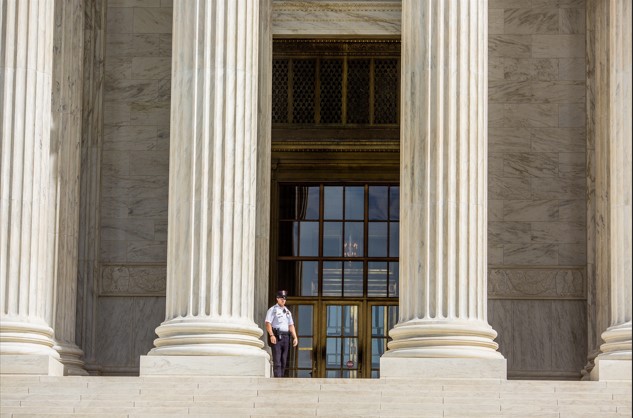Supreme Court to Review Trump’s Executive Order on Birthright Citizenship
April 17, 2025
at 2:51 pm
The Legal Landscape
Prior to the Supreme Court’s involvement, three federal judges had issued injunctions that halted the enforcement of Trump’s executive order nationwide. The 14th Amendment states: “All persons born or naturalized in the United States, and subject to the jurisdiction thereof, are citizens of the United States and of the State wherein they reside.” This constitutional principle was designed to counteract the Supreme Court’s 1857 Dred Scott v. Sandford ruling, which denied citizenship to Black individuals whose ancestors were enslaved.
Historical Precedents
In the landmark case of Wong Kim Ark (1898), the Supreme Court affirmed that the 14th Amendment extends citizenship to nearly anyone born in the United States, regardless of their parents’ immigration status. Justice Horace Gray noted that the amendment supports “the ancient and fundamental rule of citizenship by birth within the territory.”
Trump’s administration sought to redefine this understanding after his campaign pledge to eliminate birthright citizenship. Upon taking office, Trump issued an executive order declaring that children born in the U.S. to parents who are undocumented or visiting temporarily would not be granted citizenship.
Legal Challenges and Current Status
The executive order faced immediate legal challenges. In February, U.S. District Judge John Coughenour blocked the order, labeling birthright citizenship as a “fundamental constitutional right.” Other courts, including those in Maryland and Massachusetts, have imposed similar injunctions, asserting that no court has approved of the President’s interpretation of the law.
As the legal battle continues, on March 13, the Trump administration appealed to the Supreme Court with what they described as a “modest request” to lift these injunctions. Acting Solicitor General Sarah Harris argued that nationwide injunctions undermine the Executive Branch’s functions and argued for the necessity of public guidance on the order’s implementation.
The Upcoming Hearings
Arguments will be consolidated on May 15, with the Court setting aside an hour for discussion—though extended deliberation is likely. The implications of the court’s decision will be far-reaching, potentially affecting immigration policy and citizenship norms in the United States.
The justices are expected to announce their decision by late June or early July 2025.

